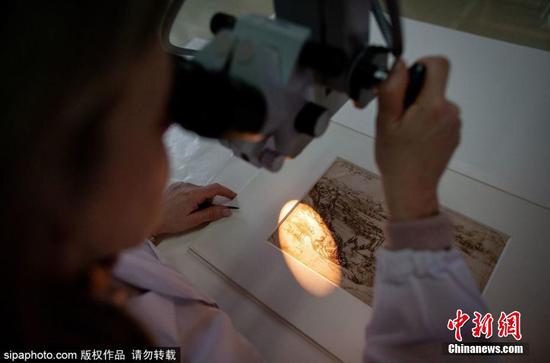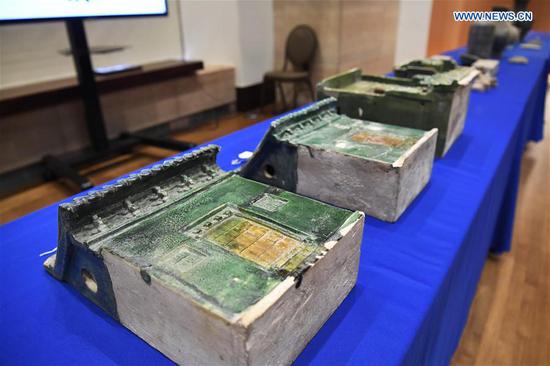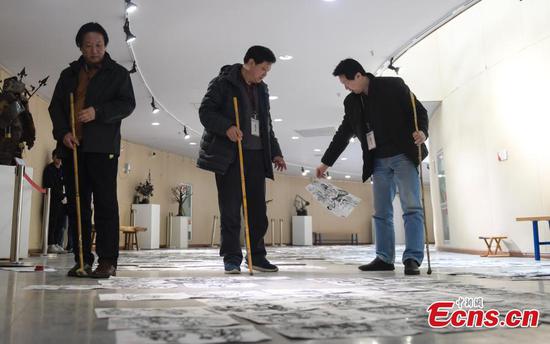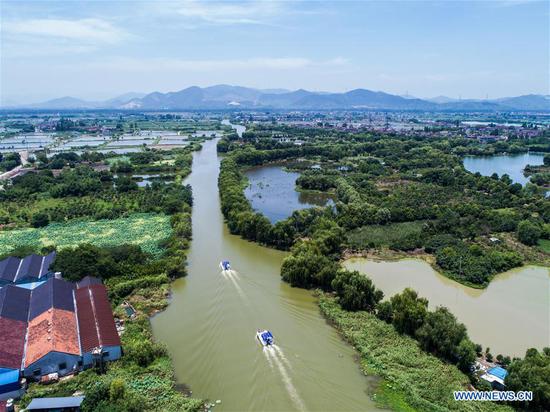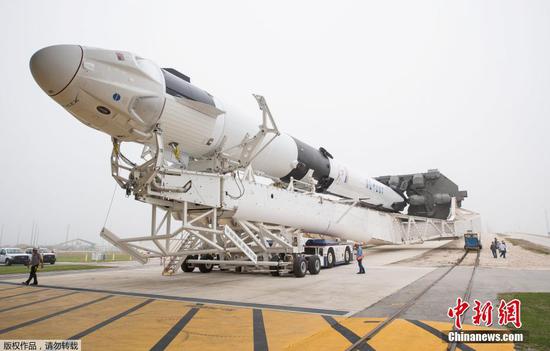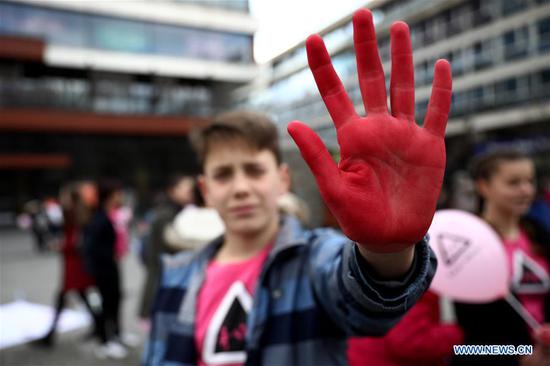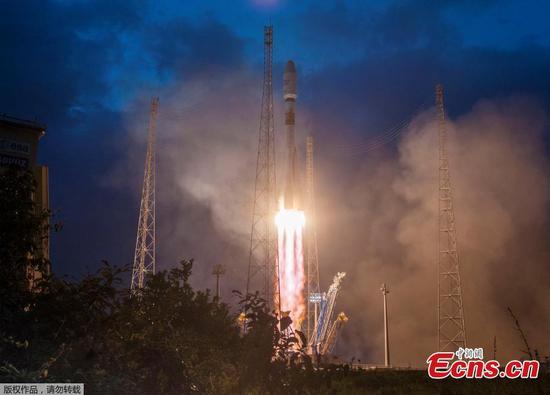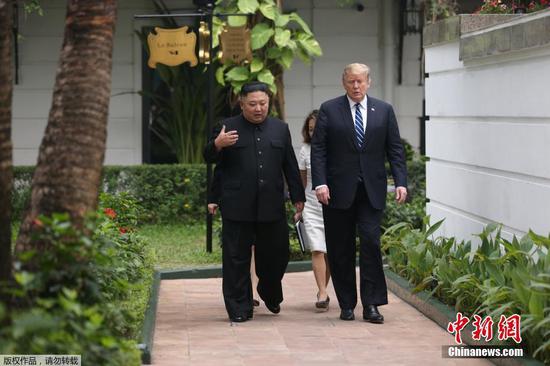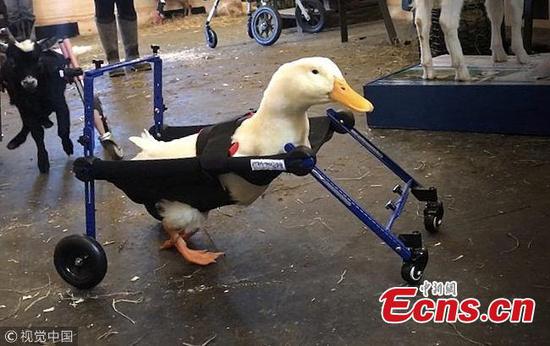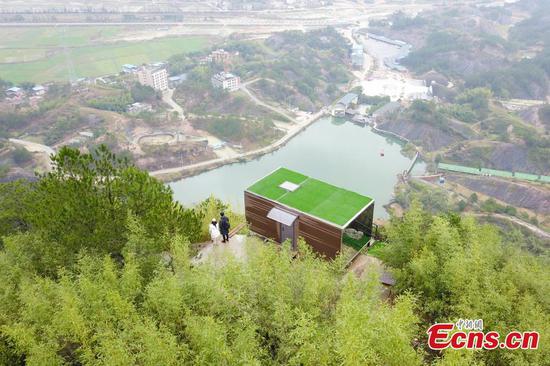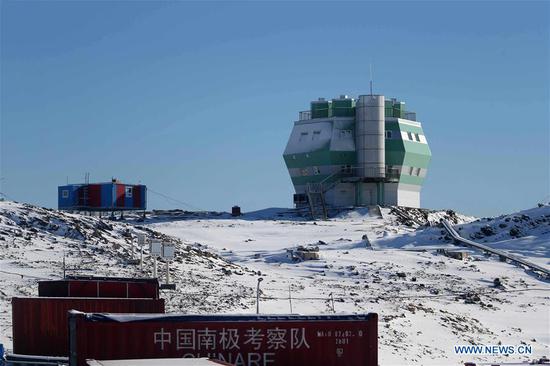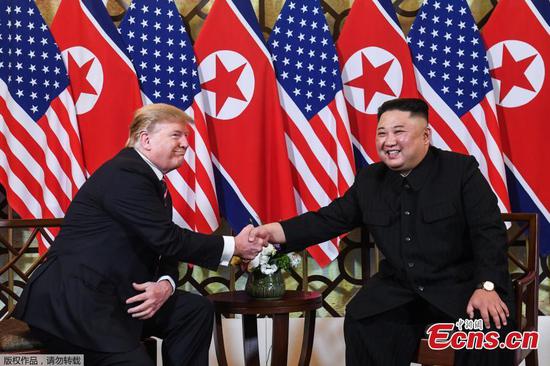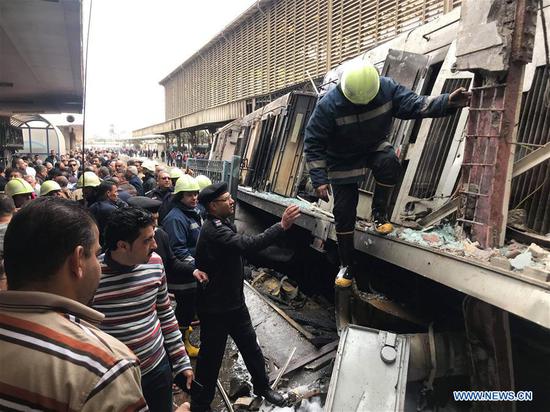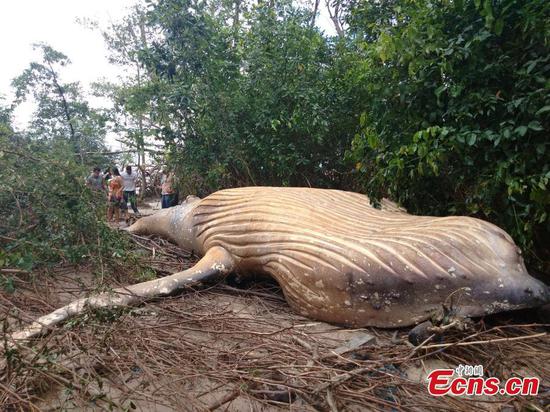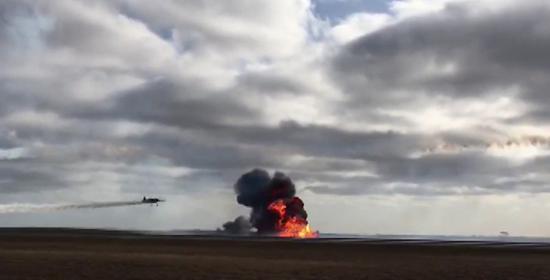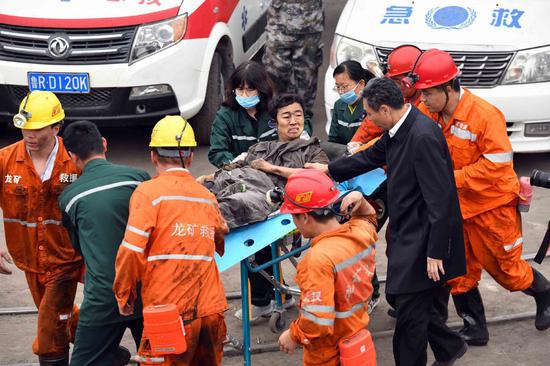
Emergency personnel surround a dazed worker as he is rescued from a coal mine accident in East China's Shandong province on Oct 21, 2018. (Photo/Xinhua)
China will begin to enforce a new regulation on production safety and emergency response on April 1, under a decree signed by Premier Li Keqiang.
The regulation was approved in a State Council executive meeting on Dec 5 and is the first such document to be adopted after the Ministry of Emergency Management was established in March last year to oversee emergency responses nationwide.
The 35-clause regulation, written in compliance with China's laws on safe production and emergency responses, clarifies the responsibilities of governments at all levels, said Sun Huashan, vice-minister of emergency management, at a policy briefing hosted by the State Council Information Office on Friday. The regulation also lists requirements for emergency response plans, exercises, team-building, equipment and on-duty arrangements, he said.
China has established a complete emergency management system for production safety, with 85 national teams covering mining, hazardous chemicals, oil and gas extraction and tunnel construction, Sun said.
Last year had 51,000 fatal accidents, killing more than 34,000 people, the ministry said. China has more than 72,000 emergency management professionals spread across about 1,000 rescue teams who have played a backbone role in responding to major accidents or natural disasters, Sun said.
However, emergency response operations continue to face some challenges, such as an inadequate number of professional teams. Also, on-site rescue mechanisms have yet to be perfected, Sun said. The new regulation was adopted to improve emergency responses and reduce casualties and economic losses, he said.
For on-site rescues, the regulation requires that business units must take immediate action to rescue people in peril and to evacuate others from the danger zone, said Zhang Xun, deputy director of the legislation department of the Ministry of Justice.
The regulation also requires government at all levels to set up emergency rescue headquarters to direct diverse operations and to coordinate efforts by different governmental bodies, Zhang said.
Guo Zhiwu, director of the emergency management ministry's rescue coordination and planning department, said 27 professional rescue teams and seven international ones have been established since April, and that nongovernmental teams are encouraged to participate in rescue operations in an orderly way.














